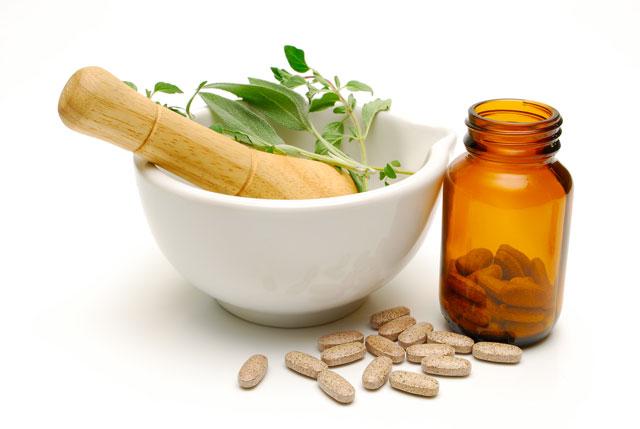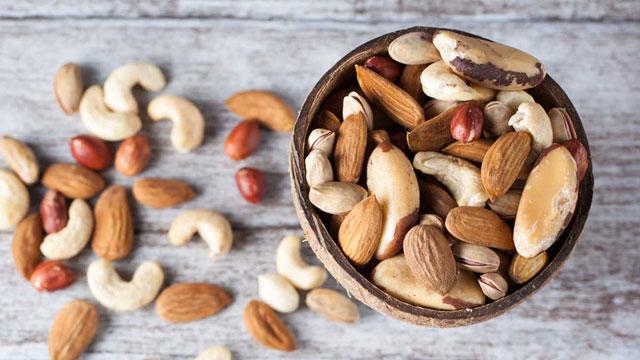You are here
Herbal medications offer many risks for people with heart disease
By Reuters - Mar 09,2017 - Last updated at Mar 09,2017

Photo courtesy of healthcares24.com
Herbal medications offer few benefits and many risks for people with heart disease, according to a recent review.
“It is key that patients inform their doctors about the use of herbal medications and ask about harmful effects of herbal medications and possible interactions with other medications they are using,” Dr Graziano Onder from A. Gemelli University Hospital, Universita Cattolica del Sacro Cuore in Rome told Reuters Health. “This is particularly important for older adults who are often taking multiple medications.”
One of every five persons in the US admits to taking herbal or dietary supplements at some point in his or her life, and this is a particular concern for people with heart disease.
Onder’s team looked at the evidence for the safety and effectiveness of herbal medications for people with cardiovascular disease, and found no herbal medication for which there is clear and convincing evidence of any benefit when used in people with heart disease.
There was limited evidence of possible benefits from flaxseed oil, milk thistle, grape seeds, green tea, hawthorn, garlic and soy, they report in the Journal of the American College of Cardiology. But this was tempered by evidence of a high risk of interactions with heart medications with green tea, hawthorn and garlic.
Among other commonly used herbal medications, astragalus appeared to have either no evidence or conflicting evidence of benefit and limited side effects. Asian ginseng had no benefits and a high risk of interaction with heart medications, and Ginkgo biloba had evidence of potentially severe side effects and a high risk of interactions with heart medications.
A number of other herbal medications, such as cranberry, European elder, goldenseal, liquorice root, salvia miltiorrhiza and St John’s wort have significant interactions with prescription drugs commonly used to treat heart disease, including Warfarin, diuretics, aspirin and other anticoagulants.
Unfortunately, your doctor may not be aware of many of these effects. “So far, in most western countries, the study of alternative medicine is not imbedded in the medical school”, Onder said by e-mail. “Therefore, it is necessary that physicians improve their knowledge on herbal medications in order to adequately assess the clinical implications related to their use.”
It is important to know “that ‘natural does not mean safe’ and that herbal medications might lead to severe side effects”, he added.
Related Articles
A study published in the peer-reviewed European Journal of Preventive Cardiology suggests that people who drink tea three or more times a week may live longer and suffer a lower risk of cardiovascular disease than their non-tea drinking counterparts.
Ayah Murad / Clinical Dietician The prostate, the gland about the size of a walnut that surrounds the bladder and urethra, grows t
People who regularly eat a variety of nuts including walnuts, peanuts and tree nuts may be less likely to develop heart disease than individ



















